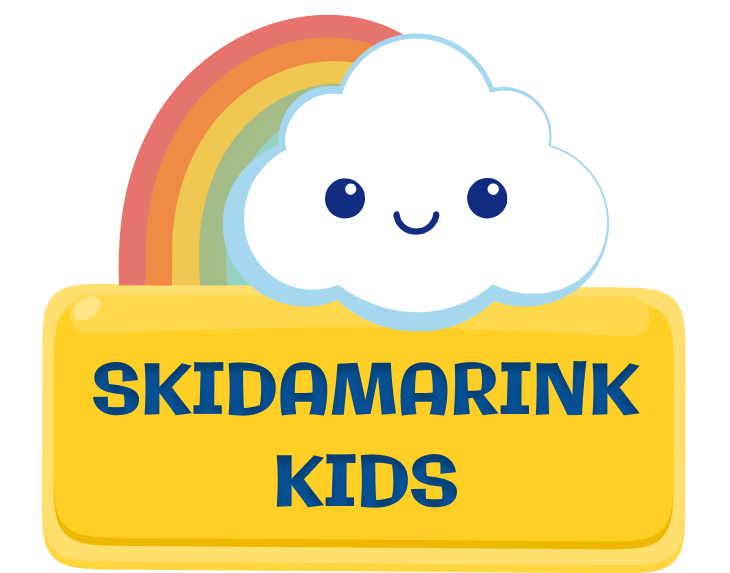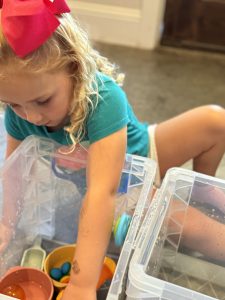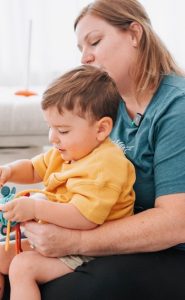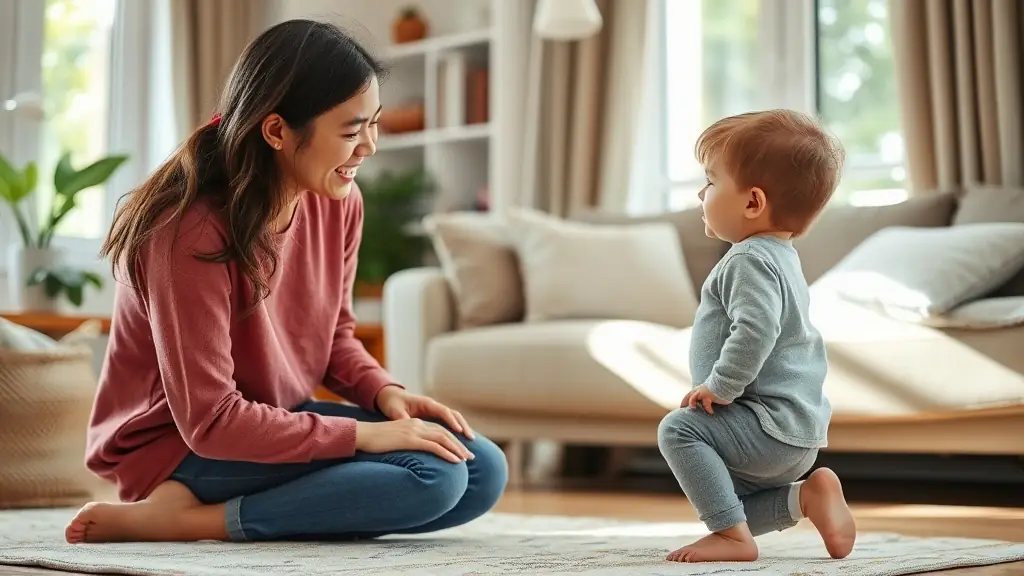Building Connection: Simple Ways to Strengthen Your Bond and Support Your Child's Self-Regulation
Connecting deeply with your child isn’t just about creating warm memories—it’s essential for their emotional development, self-regulation, and overall well-being. When children feel seen, valued, and secure in their bond with you, they’re more likely to develop resilience, cooperation, and confidence. Small moments of attention, appreciation, and play can create a powerful foundation for their growth, helping reduce challenging behaviors along the way.
Children naturally seek attention and validation from those they care about. If they don’t receive positive attention, they may engage in negative behaviors as a way to get it. By focusing on consistent, loving attention, you’re helping meet their needs for connection, reducing the likelihood of attention-seeking through challenging behaviors. Here are some simple ways to connect meaningfully with your child each day:
- Connection is Key: Joyful, playful interactions build a strong bond and promote cooperation. Small moments of laughter, play, and joy help shift perspectives and strengthen your relationship.
- Dedicated “You and Me” Time: Set aside undivided, quality time with your child once or twice a day, letting them choose the activity. Having time they can count on each day where they have your undivided attention helps them feel secure and valued. This reduces the likelihood of seeking attention in disruptive ways. The first few minutes of their day and the last moments before bed are especially powerful times to bond.
- Remember They’re a Gift: Remind yourself that your child is unique and a gift. This perspective can help you respond with more love, patience, and understanding—especially when they’re acting out because they’re in need of connection.
- Soften Your Approach: Relax your body and soften your gaze when engaging with your child. A gentle demeanor can make them feel more secure and loved, strengthening your connection.
- Encourage Eye Contact: From an early age, eye contact builds trust and understanding. Start by making playful sounds while looking into their eyes. As they grow, encourage eye contact through fun activities like jumping while holding hands, which promotes empathy and social skills.
- Model Gratefulness: Demonstrate gratitude in daily life, and encourage your child to join in. Saying “thank you” and expressing appreciation help children feel valued and contribute to a sense of well-being.
- Model Grace and Forgiveness: Showing grace and forgiveness toward others allows you and your child to cultivate a positive attitude, build resilience, and reduce resentment. This skill is foundational for healthy relationships throughout life.
- Daily Cheer: Incorporate positivity with Dr. Jean’s Cheer Cards. Pick a daily cheer together to celebrate your child’s accomplishments or as positive reinforcement. (see resources for link).
- I Love You Rituals: Becky A. Bailey’s “I Love You Rituals” reinforce your bond, promote language development, and improve attention span. These playful moments can also reduce power struggles by helping your child feel loved and valued (see resources for link).
Simple acts like a hug, a smile, or a word of encouragement can make children feel profoundly loved and secure. Connecting with your child through these small yet impactful actions can have a lasting positive effect on your relationship and their development. By focusing on intentional, positive moments together, you nurture a strong, resilient bond that supports your child in building healthy self-regulation and emotional well-being
For more information on building connections and a positive approach to discipline, Easy to Love, Difficult to Discipline: The 7 Basic Skills for Turning Conflict into Cooperation by Becky A. Bailey is a great resource.






